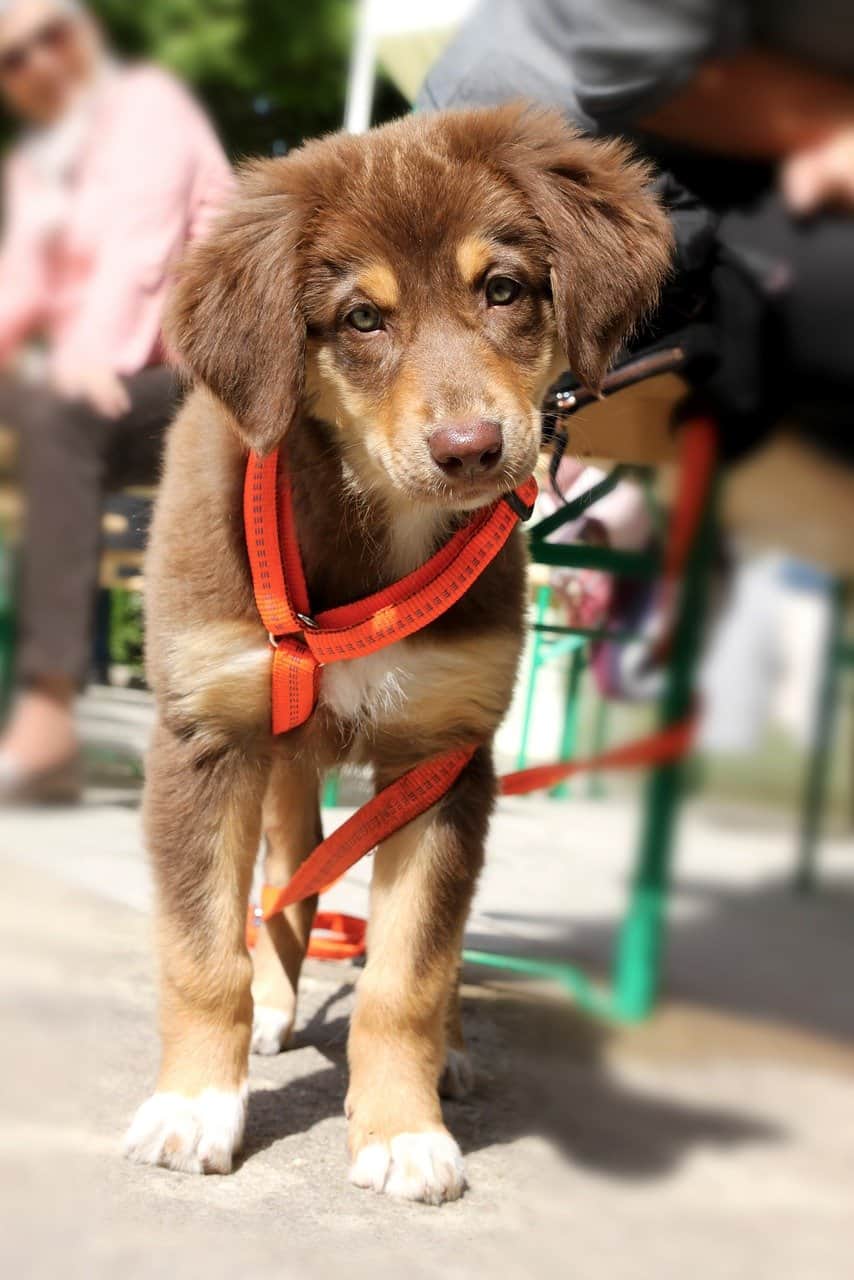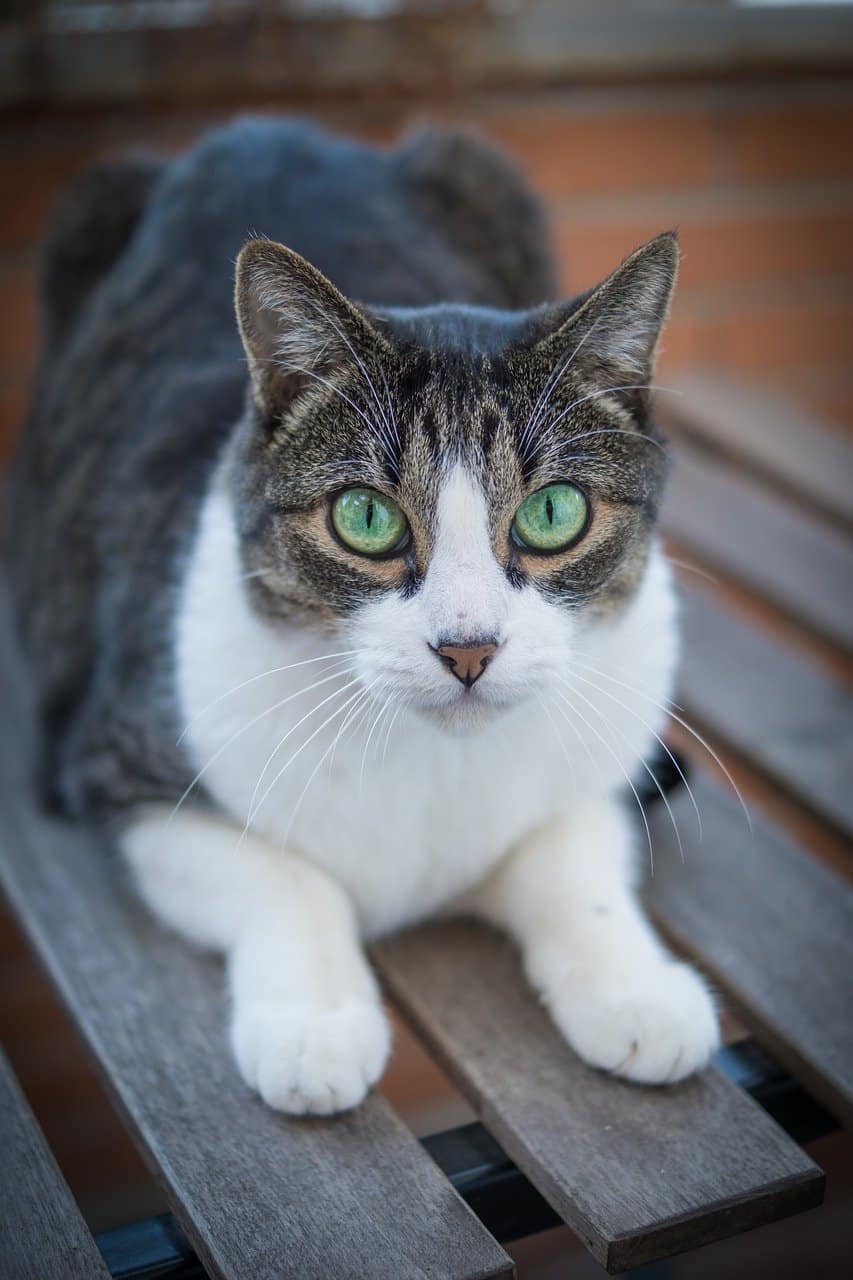Welcoming a cat into your home is a wonderful and life-changing experience, both for the animal and his human companion. We are very happy you decided to open your home (and your heart!) to a rescue cat/kitten.
We’ve put together some tips which will help you understand your cat’s needs and help your furry friend settle well with you. Topics include Introducing Your Cat to His New Life, Understanding Cat’s Body Language, Nutrition, Sleep, Hygiene, Playing and Education, Health & Safety and even Adopting a Second Cat






